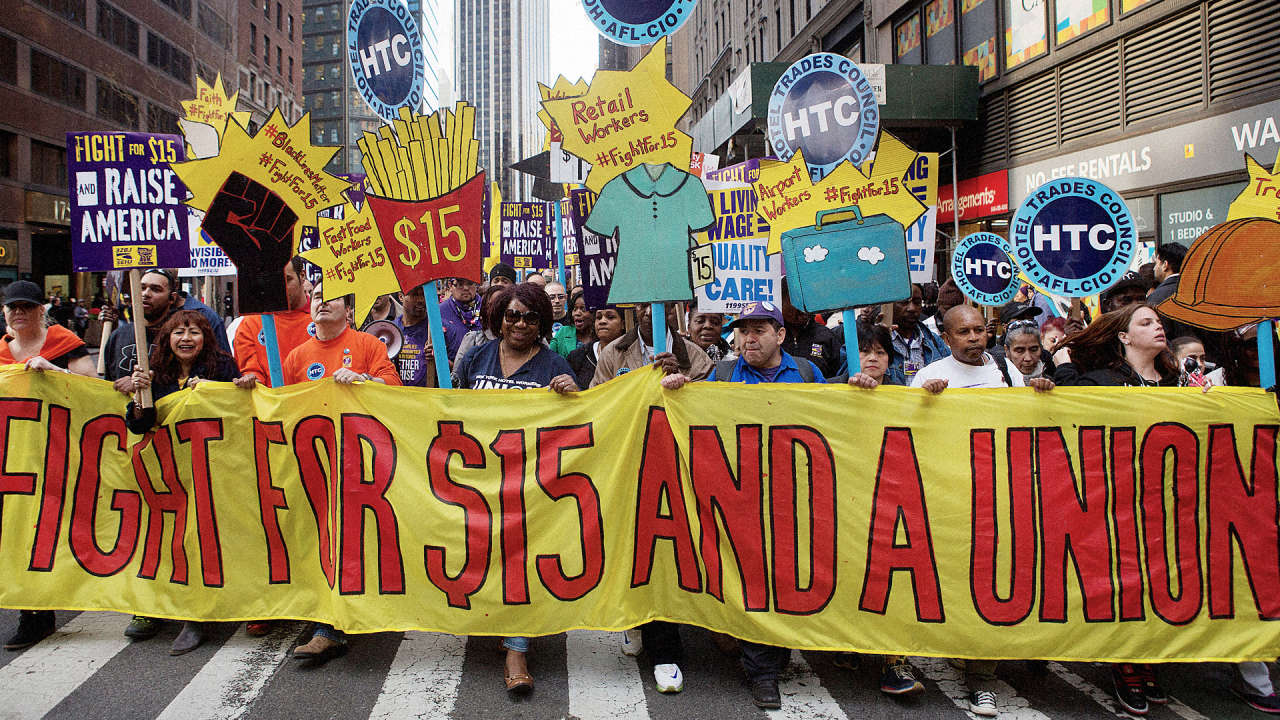On the left, debates around a government-provided basic income have gained a new prominence lately, especially in parts of Europe and North America. Much of the momentum behind the push for a basic income derives from the fear that automation will soon make many job obsolete, rendering workers will be unable to earn a wage. In the Boston Review, Brishen Rogers, a law professor at at Temple University in Philadelphia, shifts the emphasis of the basic-income argument, suggesting that a basic income necessary not so much to protect people form unemployment, but rather to protect them from from precarious and poorly paid employment. Here’s an excerpt:
This account changes the case for a basic income. Many of today’s basic income proponents are libertarians and view the policy as a means of compensating losers, or as an excuse to repeal wage per hour or collective bargaining laws. Few are concerned about public goods, workers’ and capital owners’ entitlements within the firm, the power of various social groups, the ability of workers to organize collectively, and the question of what constitutes good work, not just jobs.
An alternative case for basic income draws from classic commitments to social democracy, or an economic system in which the state limits corporate power, ensures a decent standard of living for all, and encourages decent work. In the social democratic view, however, a basic income would be only part of the solution to economic and social inequalities—we also need a revamped public sector and a new and different collective bargaining system. Indeed, without such broader reforms, a basic income could do more harm than good.
Image via Fast Company.
